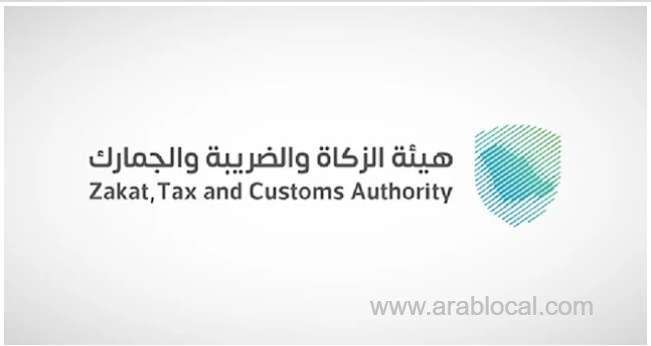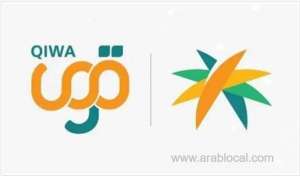Overview of ZATCA’s E-Invoicing Expansion
The Zakat, Tax, and Customs Authority (ZATCA) has announced the selection of the 20th group of establishments for the next phase of electronic invoicing (Fatura) integration. This stage, known as "linking and integration," is set to streamline tax compliance and digital transformation across businesses in Saudi Arabia.
According to an official statement on ZATCA’s "X" platform, businesses with value-added tax (VAT) revenues exceeding SAR 15 million in 2022 or 2023 fall under this category. These companies must align their electronic invoicing systems with Fatura before October 11, 2025.
Understanding the Linking and Integration Phase
How the Second Phase Differs from the First
ZATCA emphasized that Phase Two (Linking and Integration) has stricter compliance requirements compared to Phase One (Issuance and Preservation). Key differences include:
- Direct Connection to Fatura – Businesses must link their e-invoicing systems with the Fatura platform.
- Standardized Invoice Format – Electronic invoices must follow a specific format and contain additional mandatory elements.
- Gradual Rollout – The implementation occurs in stages, with businesses being notified at least six months prior to their integration deadline.
This structured approach ensures businesses have ample time to transition smoothly while maintaining regulatory compliance.
Saudi Arabia’s Digital Transformation in Taxation
The second phase of e-invoicing is a vital step in Saudi Arabia’s broader agenda for digital transformation and economic revival. ZATCA highlighted that Phase One, which began on December 4, 2021, already yielded significant benefits, including:
- Enhanced Consumer Protection
- Greater Transparency in Transactions
- Improved Tax Compliance
With taxpayers demonstrating a high level of awareness and swift adaptation, the second phase aims to build on this momentum, ensuring a fully integrated and automated invoicing system across the Kingdom.
Mandatory Compliance for Targeted Businesses
Key E-Invoicing Compliance Requirements
Businesses included in the 20th group must adhere to the following:
- ✅ Discontinue Manual & Unstructured Invoices – Handwritten, text-editing, and spreadsheet-generated invoices are not allowed.
- ✅ Use an Approved E-Invoicing Solution – Companies must implement a compliant e-invoicing system that meets ZATCA’s technical specifications.
- ✅ QR Code Integration – Every electronic invoice must include a QR code for authentication and verification.
- ✅ Data Storage Compliance – Businesses must ensure secure digital storage of invoices for regulatory audits.
Failure to comply may result in penalties, reinforcing the urgency for businesses to align with ZATCA’s directives.
The Road Ahead for Businesses in Saudi Arabia
As the electronic invoicing system expands, more businesses will be integrated in phases. ZATCA will notify upcoming groups well in advance, ensuring a seamless transition toward full compliance.
The initiative is a major step in modernizing tax administration and enhancing efficiency, reinforcing Saudi Arabia’s commitment to a digitally advanced economy.







